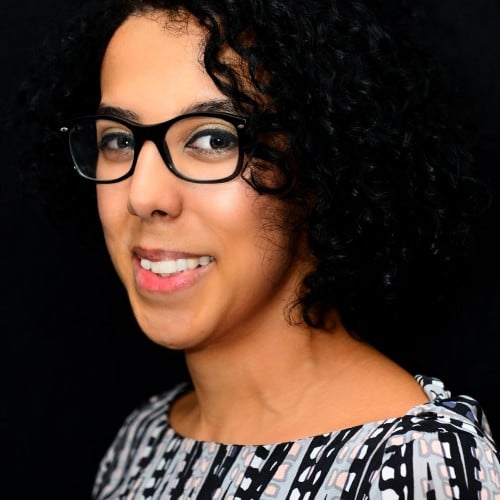
He’s only been in Hong Kong for a couple of months, but SCMP’s new CEO, Gary Liu, has already been called on to complete possibly the most important task so far in his professional life* - serving on the Student of the Year Advisory Board.
The Student of the Year Awards are organised by Young Post in conjunction with the South China Morning Post and sponsored by the Hong Kong Jockey club with support from the Education Bureau.
Liu will join three business leaders who have served on the committee before. They oversee and develop SOTY, and share their experiences and expertise with young people, to encourage and guide them in their decisions for the future.
As a new arrival in the city, Liu was thrown into the deep end, having to learn about the long-running competition in a matter of hours. But that has not quelled his enthusiasm for Saturday’s ceremony, nor his excitement to see the winners in each category finally announced. But while he acknowledges that the winners are among “the best of the best”, he is quick to note that winning the prestigious awards isn’t just a matter of getting the best grades or receiving the most certificates.
“Obviously, excellence in the field they’re representing is hugely important,” he says, “but with this year’s theme of ‘The Future in our Hands’, it will be particularly interesting to see what these impressive young people have planned for the future – both their own, and that of Hong Kong.”
A Harvard graduate, Liu made a name for himself as the chief executive of Digg, a news aggregator that shares the best content on the web. Before that, he’d worked at Spotify, so he knows the value of working hard and how stressful success can be. But he has come up with a simple formula for dealing with that stress, one that he was happy to pass on to YP readers, whether or not they aspire to SOTY. “In my career, I have found that separating your tasks into manageable chunks eliminates much of the often unnecessary stress that weighs us down. For instance, every day I list out three things I want to accomplish,” he says. “That might seem like very few tasks, but if you are able to finish three things a day, every day, your life will become surprisingly efficient and you will be incredibly productive. And, you won’t be stressed out because your days will always be manageable!”
Liu will not be the lone new member on the Advisory Board. Joining him will be Lau Ming-wai, the chairman of Hong Kong’s Commission on Youth. Given that his job focuses on youth issues, he is very aware of the importance programmes like SOTY have for the city’s students.
“SOTY recognises the efforts of our young people [and their differences] ... What matters most is not what their goals or dreams are, but that we as adults recognise their commitment and aspirations, as they all have been working dedicatedly and passionately to achieve what they want in their life,” he said.
“SOTY also recognises diversity: the awards honour achievements outside the classroom. In addition to rewarding top students with outstanding achievements in academic subjects such as maths or science, SOTY also values students’ community contributions, devotion to their school, and improvements. The awards encourage students to develop their non-academic interests and passion.”
Lau added that SOTY offers opportunities that school syllabuses don’t, and encourages learning in arenas other than the purely academic, something which is hugely important for building adults who can contribute to society.
“Many activities outside the classroom, such as sports, the arts, and community and school service, are effective in building students’ problem solving skills, the ability to work in a team, a sense of community, and so on,” he said.
While both men are at the forefront of their industries, they’re not too big to admit that they didn’t get everything right as teens. When asked what he would tell his 17-year-old self, Lau says: “I would ask myself to slow down. Don’t rush. Life is a journey, and if I’d slowed down a bit and pushed myself less, I may [have had] more space and time to discover more, and experience more.”
The new SCMP boss has a similar philosophy, saying that he was so focused on getting into university in his final years, that he doesn’t remember dreaming. “In retrospect,” he says, “ I wish I had taken more time, first, for self-discovery, and day-dreaming about how I could change and benefit the world; and secondly, for building relationships with my classmates, many of whom have grown up to accomplish incredible things.”
While he admits that achievements in education and extra-curricular activities are extremely important, his message to his 17-year-old self, while perhaps, as he puts it, something of a cliché, is one that every teenager would benefit from hearing. “Once in a while, enjoy being a [teen], and appreciate all of the goodness and joy that your life has afforded you.”
*Probably a massive exaggeration.

